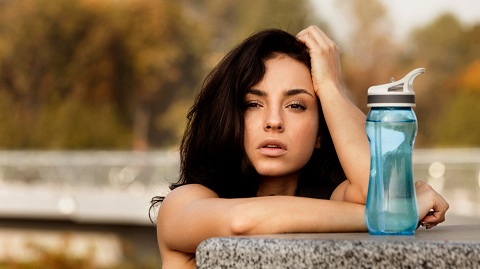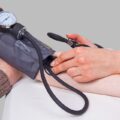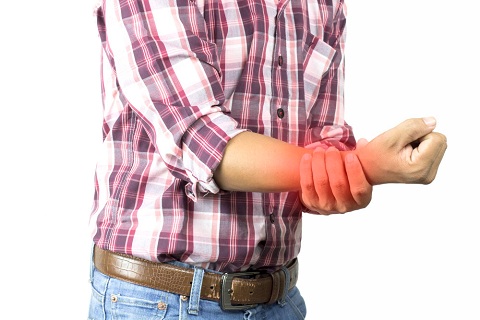In the scorching heat of severe warm seasons, staying adequately hydrated is crucial for overall health and well-being. Determining how much water is needed during such periods involves understanding various factors that influence individual hydration needs.
As temperatures rise, our bodies naturally lose more water through sweat to maintain optimal temperature regulation. In severe warm seasons, this loss can be significant, leading to dehydration if not compensated for adequately.
Factors Affecting Water Needs in Warm Seasons

Activity Levels
Engaging in physical activities increases the body’s water requirements to replace fluids lost through sweat. Individuals with higher activity levels need to consume more water.
Climate and Temperature
Hotter climates and higher temperatures increase sweat rates, necessitating increased water intake to prevent dehydration.
Age and Health Conditions
Children, elderly individuals, and those with certain health conditions may have higher water requirements or be more susceptible to dehydration.
Recommended Daily Water Intake Guidelines
General Guidelines
The general recommendation for adults is to consume at least eight 8-ounce glasses of water per day, but this can vary based on individual factors.
Specific Guidelines for Different Age Groups
- Children: Recommended water intake varies based on age, with younger children needing less water than older ones.
- Teens: Adolescents should aim for around 9-13 cups of water daily.
- Adults: The recommended intake for adults is about 11-15 cups per day, depending on factors like activity level and climate.
Signs of Dehydration to Look Out For

Thirst
Feeling thirsty is a common indicator that your body needs more fluids. Dry and flaky inside of mouth.
Dark Urine
Dark-colored urine can signify dehydration, while lighter shades indicate adequate hydration.
Fatigue and Dizziness
Dehydration can cause feelings of fatigue, dizziness, and reduced concentration.
Tips for Staying Hydrated in Warm Weather
Carry a Water Bottle
Always carry an umbrella to safe sunlight and a reusable water bottle to ensure easy access to water throughout the day.
Consume Water-Rich Foods
Fruits and vegetables with high water content, like watermelon and cucumbers, can contribute to hydration.
Monitor Urine Color
Regularly check the color of your urine; a pale yellow color indicates good hydration.
Hydrate Before, During, and After Exercise
Prioritize hydration by drinking water before, during, and after physical activity to replenish fluids lost through sweat.
FAQs related to water intake in warm weather
The amount of water you should drink in warm weather depends on various factors such as your activity level, climate, and individual hydration needs. As a general guideline, aim to drink at least 8-10 glasses of water per day, and increase this amount if you are engaging in physical activities or exposed to hot temperatures.
To determine your water needs, consider factors like your age, gender, activity level, climate, and overall health. A good starting point is to drink enough water to keep your urine light-colored and stay hydrated throughout the day. Consulting with a healthcare professional can also help in determining personalized hydration requirements.
During summer or hot weather conditions, the body tends to lose more water through sweating. It is recommended to increase your water intake to stay adequately hydrated. Aim for at least 8-10 glasses of water per day, and adjust this amount based on your activity level and exposure to heat.
In hot and humid conditions, the body’s sweat evaporation process is hindered, making it challenging to regulate body temperature. It is crucial to drink more water in such conditions to compensate for increased sweat rates and prevent dehydration. Aim to consume 10-12 glasses of water per day or more as needed.
When faced with extremely hot weather, prioritize staying cool and hydrated. Avoid prolonged exposure to the sun, wear light and breathable clothing, seek shade whenever possible, and drink plenty of water throughout the day. Additionally, use fans or air conditioning to maintain a comfortable indoor temperature.
Humidity levels do not directly determine water intake but can influence how the body regulates temperature. In 100% humidity, sweat evaporation is minimal, making it feel hotter and potentially increasing the risk of dehydration. It is essential to drink water regularly regardless of humidity levels to maintain proper hydration.
Conclusion
Staying hydrated in severe warm seasons is crucial for maintaining health and well-being. By understanding your body’s water needs and adopting healthy hydration habits, you can prevent dehydration and its associated risks.





